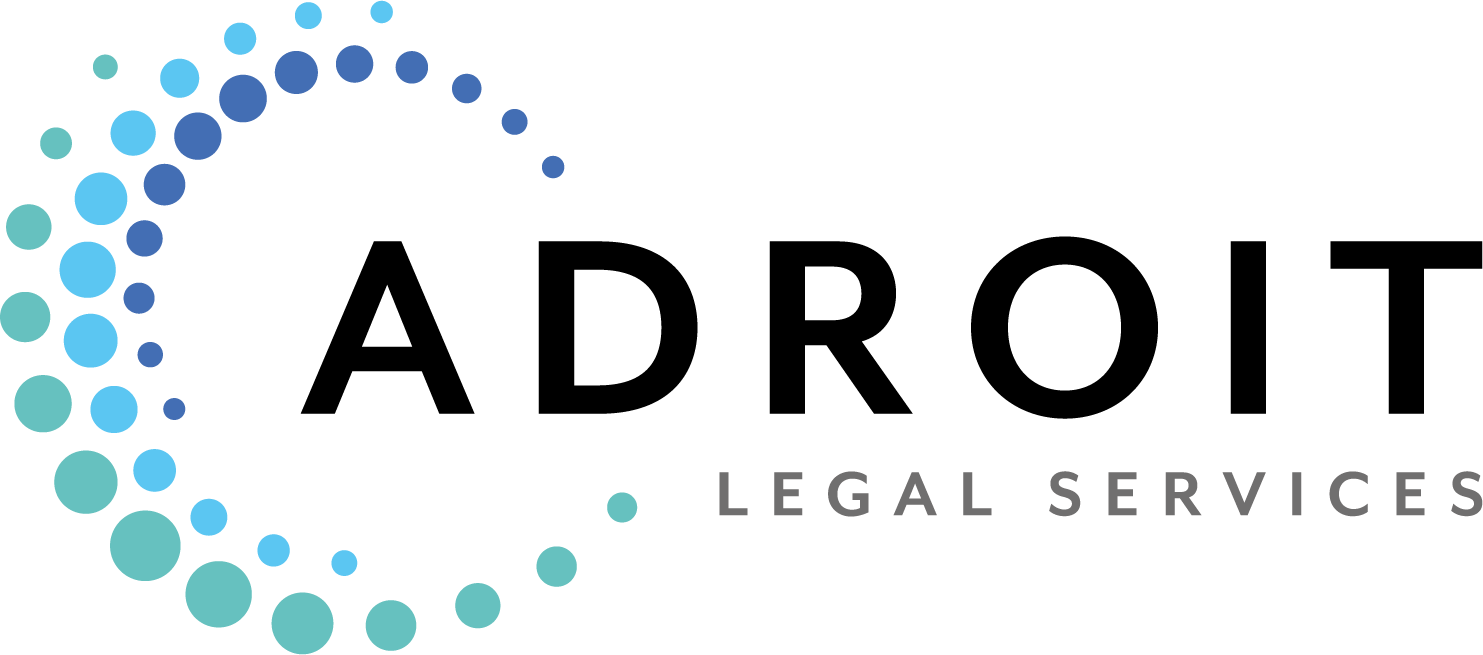We all struggle to understand legal terminology that we’ve never heard before, so to make things a little easier, we have compiled a list of those commonly misunderstood legal words.
Whilst we cannot include every term, our team are on hand to guide you through. Contact us with any questions.
A
Assets
An asset is anything of value or a resource of value that can be converted into cash. Examples of personal assets include:
- Cash and cash equivalents, certificates of deposit, debit and savings accounts, money market accounts, physical cash etc.
- Property or land and any structure that is permanently attached to it
- Personal property – everything you own such as cars, collectibles, household furnishings, jewellery etc.
- Investments – annuities, bonds, the cash value of life insurance policies, mutual funds, pensions, retirement plans, stocks etc.
B
Beneficiary/Beneficiaries
A beneficiary is any person who gains an advantage and/or profits from something. In the financial world, a beneficiary typically refers to someone who is eligible to receive distributions from a trust, will or life insurance policy. Beneficiaries do not necessarily need to be related to you or even a person e.g. a charitable cause could be a beneficiary.
Bereavement
A period of mourning after a loss, especially after the death of a loved one.
British citizenship
British citizenship is a legal status defined by the British Nationality Act 1981 and a “British citizen” is a person on whom that status has been conferred, either automatically by law or by administrative action exercised under the Act. British citizenship gives you the right to live and work in the UK permanently, without any immigration restrictions.
C
Conveyancing
Conveyancing is the legal transfer of a property from one owner to another. The process involves a conveyancing solicitor or licensed conveyancer who acts on behalf of the buyer to ensure their client receives the title deeds to the property and the land it sits on.
D
Dispute
A dispute is a legal or other disagreement or argument between two or more parties.
E
Estate
An estate can be all the money and property owned by a particular person, especially at death.
Estate Planning
Estate planning is the act of preparing for the transfer of a person’s wealth and/or assets after death. Assets, life insurance, pensions, property, cars, personal belongings, and debts are all part of one’s estate.
Executor(s)
An Executor(s) are people/persons or institution chosen by someone that has made a will or given a legacy, to carry out the terms of their will (agreement). In certain cases, they can also be referred to as an Administrator.
G
Grant of Probate or Grant of Representation
The Grant of Representation (probate) is the first step in the legal process of administering the estate of a deceased person, resolving all claims and distributing the deceased person’s property under a will.
I
Immigration
Process through which individuals become permanent residents or citizens of another country.
Indefinite Leave to Remain (ILR)
(“ILR”) or Indefinite Leave to Enter (“ILE”), also referred to as settlement or permanent residence, are types of immigration status in the UK which mean there is no longer a time limit on a person’s ability to stay in the UK.
Intestate
If you die without a will, it means you have died intestate. This means the distribution of assets follows the local laws. Only married/civil partners and direct family will inherit under the rules of intestacy.
L
Litigation
Litigation is a process where the disagreement between two (or more) parties is brought before a Judge in the Law Courts to hear the arguments for a final legal resolution.
Lasting Power of Attorney
A Lasting Power of Attorney (LPA) is a legal document that lets you (the ‘donor’) appoint one or more people (known as ‘attorneys’) to help you make decisions or to make decisions on your behalf should you be unable to due to sickness/injury. There are 2 types of LPA:
- Health and welfare
- Property and financial affairs
P
Probate
Probate is the word normally used to describe the legal and financial processes involved in dealing with the property, money and possessions (called the assets) of a person who has died. Before the next of kin or Executor named in the will can claim, transfer, sell or distribute any of the deceased’s assets, they may have to apply for probate.
W
Will
A will or testament is a legal document by which a person, expresses their wishes as to how their estate is to be distributed/managed at death, and names one or more persons, to manage the estate until its final distribution.


